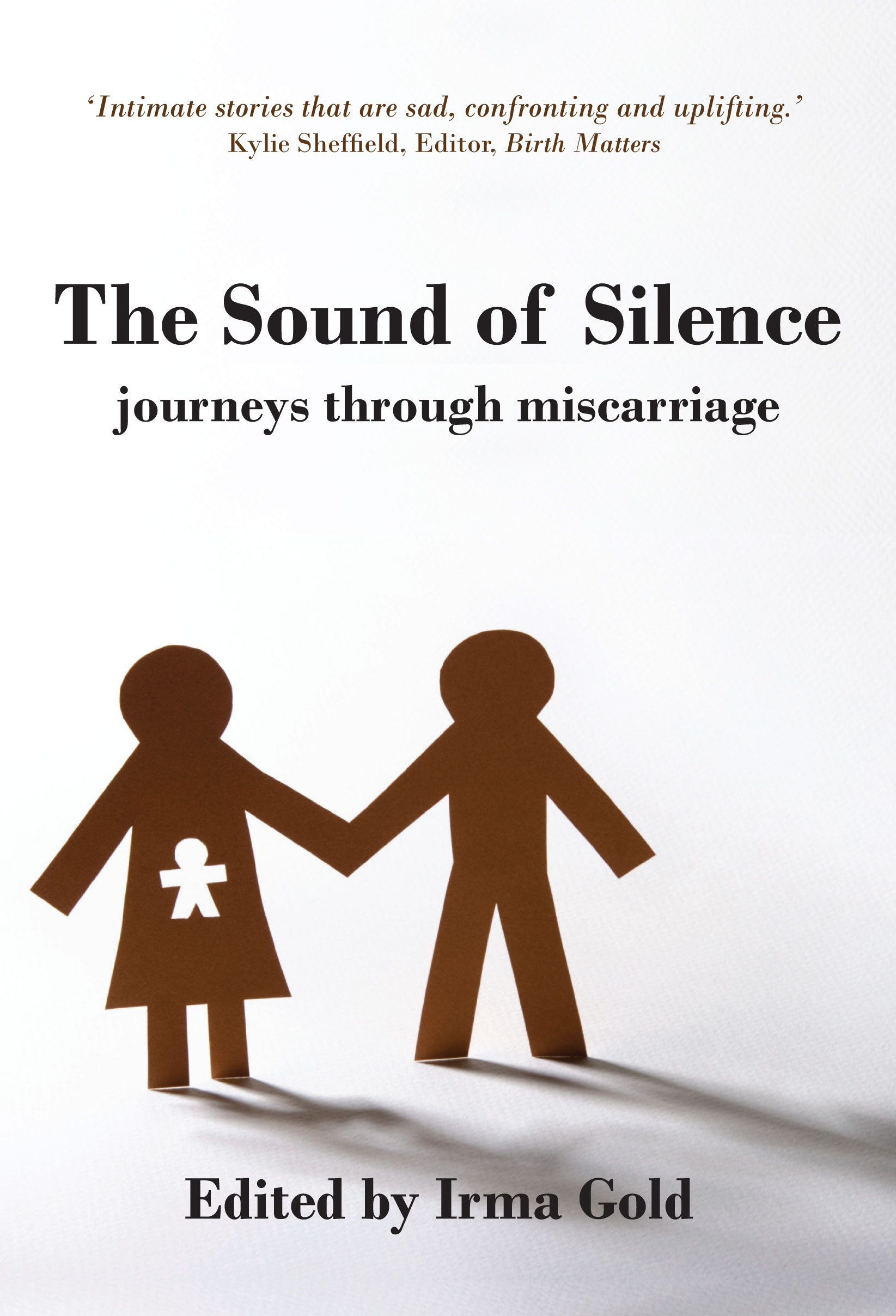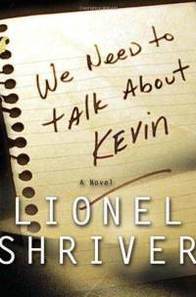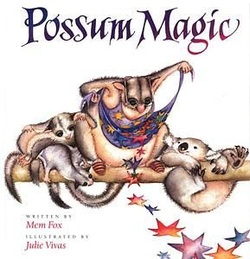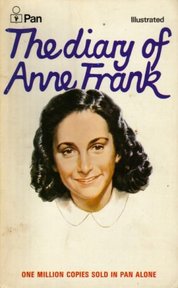Today is the day
 Today is Red Nose Day, a day to raise funds to help to save the lives of babies and support bereaved families of miscarriage, neonatal and infant death. So it seems like an appropriate moment to reflect on how The Sound of Silence, a collection of women’s stories about miscarriage, has been received. It was published nine months ago (I’m sure you see the irony) and the response has been everything we hoped it would be and more.
Today is Red Nose Day, a day to raise funds to help to save the lives of babies and support bereaved families of miscarriage, neonatal and infant death. So it seems like an appropriate moment to reflect on how The Sound of Silence, a collection of women’s stories about miscarriage, has been received. It was published nine months ago (I’m sure you see the irony) and the response has been everything we hoped it would be and more.
Editing this book was an emotional experience and the launches in Canberra and Melbourne were unlike any others I have attended. At both of them strangers — women and men, mothers and fathers, grandmothers and sisters — came up to me to tell me their intensely personal stories of loss, the reasons why they had come to these launches to buy this book.
Since then I have received many emails from readers thanking me for the anthology and telling me how it has helped them. These messages have been humbling. Like this one from Charmian:
I have just sat and read this book from cover to cover! As a mum of two (six, including my angel babies) these stories touched my heart and soul in a way that no other books about pregnancy loss have. I experienced miscarriages when none in my circle of friends had, and felt alone as I waded through loss and grief. The final three miscarriages were particularly hard, given they all occurred in seven months. We have not gone on to have more babies, and I still feel my family is not quite complete. Thanks again for this wonderful resource.
And this one from Justine:
I have just finished reading The Sound of Silence. I must admit it sat on my bedside table for a couple of days before I found the courage to open it. I was anxious about the emotions it might stir up within me. It is a brilliant book, it allowed me to realise I am not alone in my grief and the feelings experienced are so normal.
One of my regrets is that despite our best efforts to encourage submissions from men we did not receive any. Men are often forgotten in the grief of miscarriage, so I was disappointed that we weren’t able to represent their stories and perspectives. It was, however, heartening to receive emails from men, like this one:
Thank you for publishing The Sound of Silence. While it is mostly written for females, it is also an excellent book for (potential) fathers to read as well — some of them also experience similar emotional symptoms when their partner miscarries 🙁
When I wrote a post for Mamamia about the anthology and my own miscarriage it received an overwhelming number of comments. There are so many women and men out there who need to talk about their experiences. Today I’m remembering Rafael, the baby I miscarried at twelve weeks. I no longer feel sad about his loss, but blessed that he was, and is still, a part of our family. I am also thankful for the three beautiful children I was able to bring into this world, and conscious that there are many couples who are not so fortunate. These stories are the ones that break my heart the most.
At the Melbourne launch a woman told me about her daughter who she has watched go through seven pregnancies, none of which have made it to term. As she told me this story, and the emotional toll it has taken on them all, she wept for her daughter and her lost grandbabies. Her story is one of many. If you know someone who has had a miscarriage, who may still be struggling through grief, today is the day to reach out. All it takes is a simple ‘How are you?’ and the willingness to listen.
https://www.youtube.com/watch?v=tQXM1bqywO0



